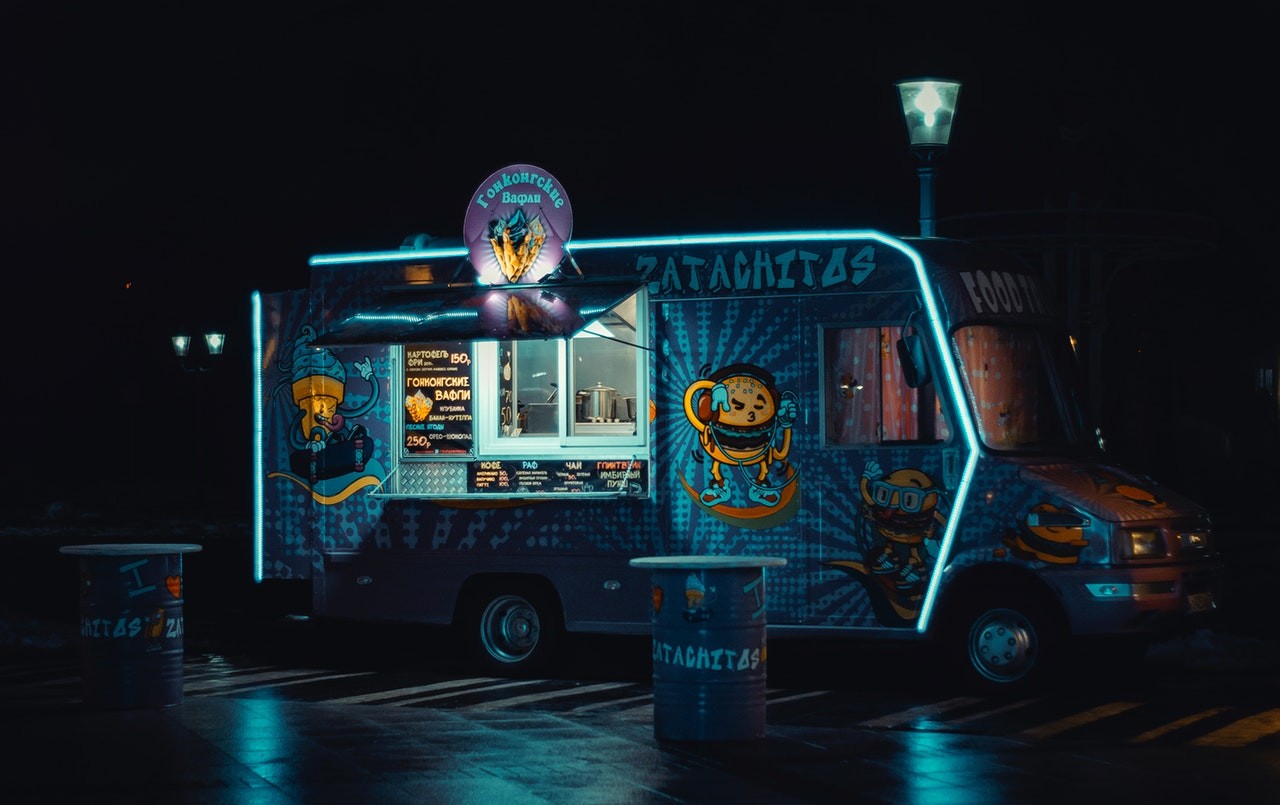Food trucks are one of the hottest new trends in food service today. Statista reports that in 2015, the value of the U.S. food truck industry increased to more than $850 million and is expected to grow by another $140 million by 2020.
Estimates vary widely on how many food trucks are out there today cruising America's city streets. However, one thing is certain -- this rapidly growing industry presents a unique kind of fire risk and one that poses significant dangers to food truck operators and the people they serve.
Know Your Risks
In addition to the normal risks you might expect with any vehicle that runs on gasoline or diesel fuel, the three most significant fire risks unique to food truck operations are propane, portable generators, and cooking without proper fire suppression equipment.
Propane Tanks
Propane is perhaps the most significant risk of fire in a food truck. According to the NFPA, about 68 percent of food truck fires are related to propane, due to either leaks in the tank or a structural failure. Almost all of the incidents resulting in injuries and deaths in the past four years have been the result of propane explosions.
Part of the problem is that food trucks are constantly on the move, often driving over potholes that loosen the connections and fittings on propane tanks or cause other structural damage. The frequent jostling of the tanks, as well as a failure to properly tighten the fittings when swapping tanks out, can lead to propane leaks.
Portable Generators
The portable generators that food trucks rely on to provide their electrical needs can also create a fire risk. Generally, these risks are greater in vehicles that have been converted into food trucks as opposed to newer food trucks that have been built for cooking operations.
In older food trucks and vehicles converted into food trucks, carbon monoxide can be created from a generator that has not been properly vented or from the electrical system itself. Many do not have proper storage needed to keep the fuel required to run the generator safely away from ignition sources in such a small space as there is within a food truck.
Cooking Without Fire Suppression Systems
Hood suppression systems over ovens, burners, grills and fryers have long been required for commercial kitchens. However, hood suppression systems may be absent in older food trucks or vehicles that have been converted into mobile kitchens.
While most food truck operators carry portable fire extinguishers, they often do not realize that they need two types to cover the types of fires they are likely to encounter -- a Class K extinguisher designed to suppress grease, fat or cooking oil fires, and an ABC extinguisher capable of putting out fires involved paper such as napkins, food wrappers and other types of fires.
Protect Your Truck to Protect Your Life
Even if the regulations are lagging behind in your area, being proactive in addressing the fire risks in your food truck operation can help prevent the total loss of your investment and possibly your life.
Here are some measures you can put in place now to make your operation safer:
- Install an automatic fire suppression system in your food truck that includes a manual switch, and have the system professionally inspected every six months.
- Keep portable fire extinguishers on board including a Class K extinguisher for grease fires and a Class ABC extinguisher for other types of fires.
- Have both your fire extinguishers and propane tanks tested and stamped with the testing date to ensure their functionality is not compromised in any way.
- Conduct regular inspections and maintenance of your electrical equipment to identify hazards such as frayed cords or wiring, cracked or broken switch plates and combustible items near power sources.
- Have the kitchen exhaust system within your food truck regularly inspected for grease build-up. The frequency of inspections, which is defined in NFPA 96, will depend on the volume and type of cooking you do in your operation.

